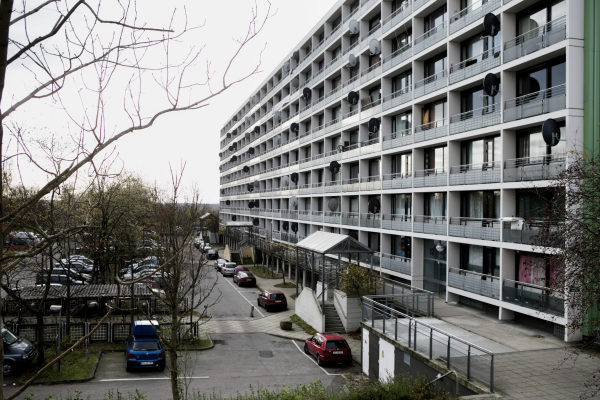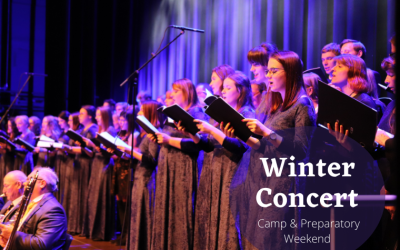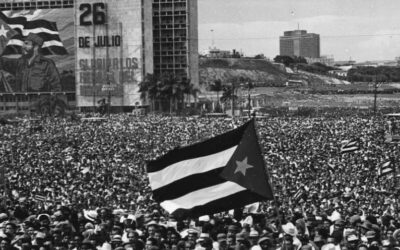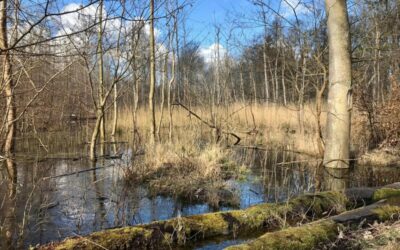IMAGE: An Investigation
You had decided that you would practice your investigation skills by going on a four-day investigation in one of the bigger Danish cities. The whole team would do it together. You had chosen the northern city of Aalborg. Also, you were curious about this country. Most of you came from other European countries, and most had never been to Denmark before starting at DNS.
Images are written by past and present teachers at DNS
Understanding Denmark
What made this small country so rich? How come Greenland, with its vast territory, was a sort of Danish colony, and how did this arrangement actually work? What did the Danes think about their own country, their politics, their membership of EU, and the wars they were involved in as a member of NATO? How did the Danish welfare society work – and did it, in fact, work? How did the current economic crisis affect ordinary Danes?
Also, you wanted to talk with people about Global Warming and Climate Change: in what way could Denmark contribute, and what did the Danes think about its supposed position as a world leader with regard to climate solutions?
Organising in smaller groups
You met in the team and put up the issues and questions for investigation, and then you formed investigation trios, each group choosing one or more issues to investigate. You would go out and talk with people for two days. You would meet in the morning on the third day to take stock of how far you had come and what remained to be covered, and then plan the rest of the investigation from there.
Your trio were going to a social housing area to visit families there. It seemed easy enough, but actually, you were not a little reluctant to go and ring the doorbells of apartments belonging to complete strangers. One of your fellow students was not comfortable with the situation. She volunteered to go to the local library to get hold of facts and historical background material on the area – wouldn’t that be a good thing?
It would contribute more to the investigation that way, right? She was quite convincing in her arguments, and you almost decided to go with it. But then the other student in the trio protested: “Look, we are here to do an investigation in real life. We can always do research on the Internet.”
Out of your comfort zone – but together
After some discussion, it became clear that there was no logical reason for the library trip. You ended up reassuring each other and mustering the courage, all of you, to approach the first door.
You rang some doorbells without much luck, but then a nice woman answered the door. You introduced yourself, told about your training to become teachers and the purpose of your investigation, and asked if you could talk with her about it. She called her husband, and they decided that you were all right, and invited you in for a cup of tea. And then the talking began!
Meeting the family
As parents, they had a lot to say about the school that their children had attended and the education they had received. When they heard about your upcoming travel, they introduced you to a family next door where the husband was from Algeria, and they in turn introduced you to their best friends, who also lived in the neighbourhood.
You talked with them all; about what they were doing for a living, from being unemployed to working in a cleaning company to being a pensioner to being a nurse, and you had lively debates about all kinds of questions, from salaries and unemployment benefits to Danish politics and global questions of economic crisis, climate change and war.
You ended up spending the night, one with each of the families, and the next day each of you followed one of your hosts to work. You took lots of notes, and also managed to get some pictures. Then you headed back for the meeting in the team to tell about what you had experienced and decide what to do in the second half of the investigation.
"Images" are short descriptive texts that try to paint a picture of what life in DNS is like. They are works of fiction based on examples and experiences from real life.
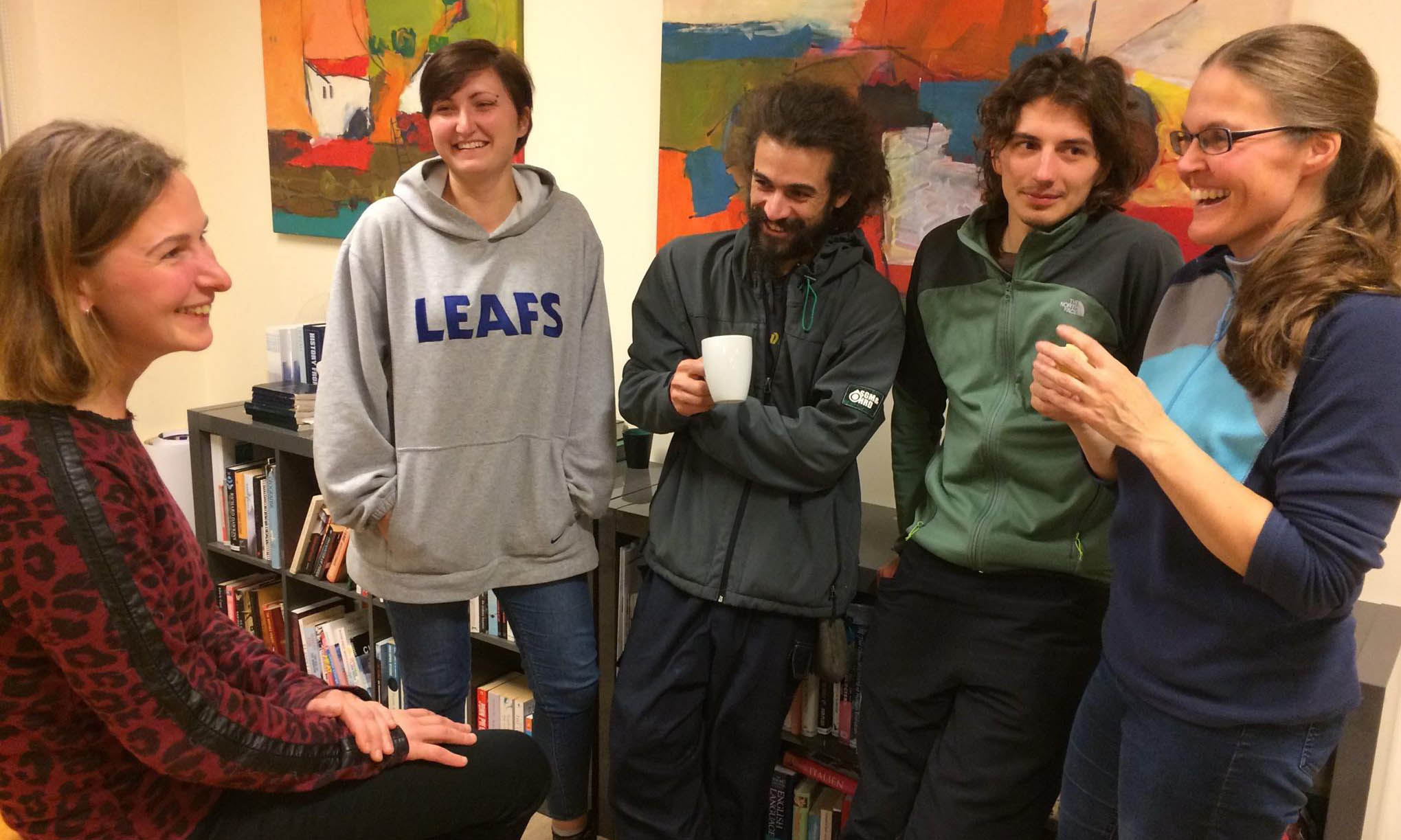
Teachers' council at DNS
DNS teachers have written the “Images” to give you an idea of what life in DNS is about.
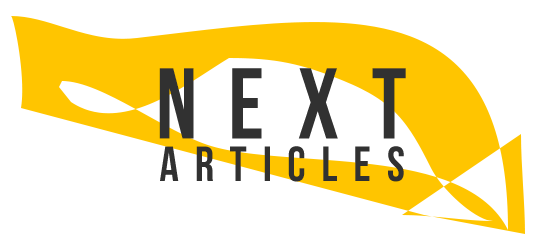
thankyou learn more meta
Thank you!You should get a booking confirmation over email.Meanwhile, feel free to explore our blogThank you!You should get a confirmation over email.Meanwhile, feel free to explore our blog
Winter Concert · January 2025
We are looking for volunteers to help us organise a big music event at the end of January!
Course: The Cuban Literacy Campaign
The Cuban Literacy Campaign and the participation of women in the campaign significantly impacted the Cuban patriarchal culture at a crucial moment. In other words, though a male-led revolution did not give women the space to organise against patriarchy, rather by actively participating in the revolution, women helped change the nature of Cuban patriarchy today.
Student experiences: “A reflection on my Teaching Practice”
Our student Nina shares some reflections on her teaching practice experience, including her considerations on the concept of the “Common Third”.
